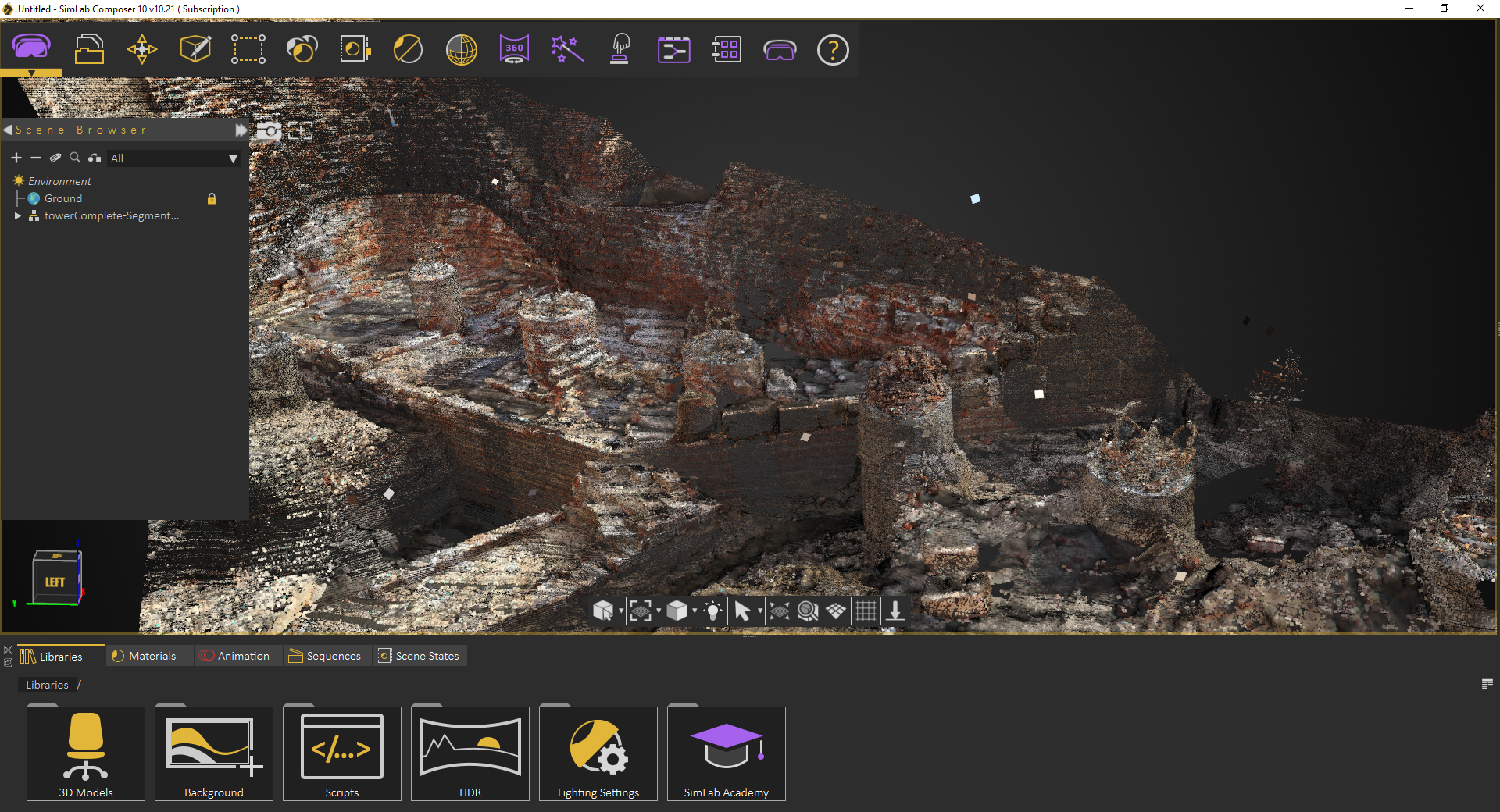

Giacchino's composition work for Disney Interactive during the 16-bit era included the Sega Genesis game Gargoyles, the SNES game Maui Mallard in Cold Shadow and the various console versions of The Lion King. His work for Disney had him interacting with the various personnel who worked in films, such as the producers who hired composers, so when a job at Disney Interactive opened for a producer, Giacchino obtained the job, thinking he could hire himself to write music for the games he produced. He later moved to Disney, and when Disney relocated to Los Angeles, Giacchino moved with them, working in publicity, while taking night classes in instrumentation and orchestration at UCLA. When Giacchino's internship ended, Universal hired him, giving him a job upon graduation from college. He graduated from SVA in 1990 with a Bachelor of Fine Arts, after which he took music classes at the Juilliard School, and then at UCLA. Giacchino, who was the only one interested, obtained the six-month position, which he filled at night while attending school during the day and working at Macy's to pay his rent. During his final year at SVA, his instructor in film publicity announced an unpaid internship was available at Universal Pictures. Giacchino enrolled at SVA, majoring in film production and minoring in history. We're going to see how passionate and driven you are, and how much you want this thing. We're not going to regulate you too much. It was kind of like this great experiment-okay, you're here because you like something. I loved the kind of freedom that it provided. They actually have colleges like this? Where I can do the things that I am really interested in doing? That was amazing to me. Giacchino describes visiting the school with his parents thus: While in high school, an art teacher who mentored Giacchino recommended to his parents that he attend the School of Visual Arts in New York City. Giacchino began combining images and music at age 10, when he began creating stop-motion animation with homemade soundtracks in his basement. He graduated from Holy Cross High School in Delran Township, New Jersey in 1986. His brother Anthony Giacchino is a documentary filmmaker and holds dual American and Italian citizenship, Giacchino grew up in Edgewater Park Township, New Jersey. His father's ancestors were Italians, coming from Sicily, and his mother's ancestors emigrated from Abruzzo in the center of Italy.

Interstellar may be Zimmer’s most unique score as it sounds like nothing else he has ever created.Giacchino was born in Riverside Township, New Jersey. Zimmer works in an organ and some light strings to produce a score that doesn’t let you focus on anything else.


This scene is incredibly suspenseful as the slightest wrong move could end in catastrophe. The masterpiece of Interstellar is “No Time For Caution” where Matthew McConaughey’s character is attempting to dock the ship onto a spinning station. As it gets closer, the ticking speeds up, and layers of music are added to make the scene tenser. Zimmer’s score also creates intense sequences, such as “Mountains,” where he uses a ticking clock sound to simulate how far the massive wave is. The organ note that builds in many scenes throughout Interstellar creates an atmosphere of amazement and peril. Zimmer’s score manages to have an incredible sci-fi feeling while also remaining grounded. The score is able to manifest all of the elements of space: beauty, wonder, isolation, emptiness, and danger. Out of all of Zimmer’s team-ups with Nolan, this may be his best score of the bunch.


 0 kommentar(er)
0 kommentar(er)
